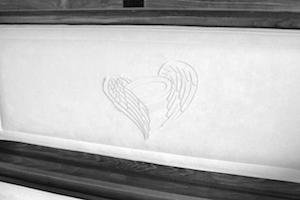Specialist Pursuing Positive
Outcomes to Domestic Disputes

Sorrento, Louisiana resident Bobby Siears builds caskets for grieving families who cannot afford them. The hand-crafted caskets, some made of cypress, are the final resting place for many poor infants and children. His non-profit foundation, The Little Angels Foundation, distributes the caskets from Gonzales to Scotlandville and as far away as South Carolina.
Death does not always produce – as it does in the case of the Siears family – compassion and generosity. When the child of divorced parents dies, questions can arise concerning the disposition of the child’s property. Most children do not have estates of any consequence. However, some children may have money as the result of their own or a parent’s personal injury claim. Children may inherit real or personal property from grandparents. Wealthy parents may establish trusts for their children. In these situations, there can be significant legal issues when a child dies.
During marriage, the father is the administrator of a child’s estate. After a legal separation or divorce, the rules governing the administration of a child’s estate change. A tutor should be appointed to manage it. Ordinarily, a parent’s right to tutorship after separation or divorce is determined by their custodial status. If a parent has sole custody, that parent has the right to be the tutor. If the custody is joint, both parents have the right to be co-tutors unless a court modifies that arrangement.
Once a minor child dies, however, the tutor’s rights terminate and the child’s estate belongs to his heirs. Almost without exception, the deceased child will have no will and his estate will pass in accordance with the Louisiana Civil Code’s provisions concerning intestate succession. Any non-custodial parent whose child died in possession of a substantial estate should immediately seek legal advice concerning his or her rights as an heir.